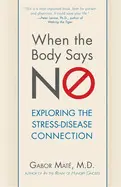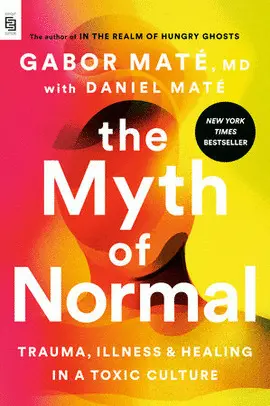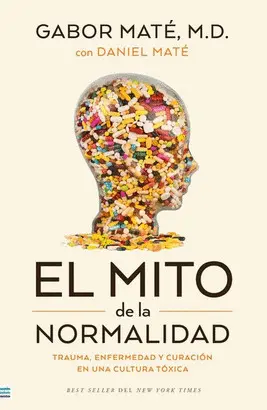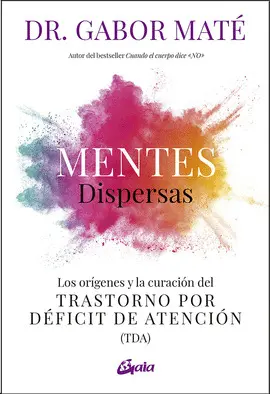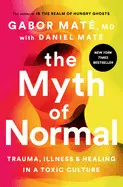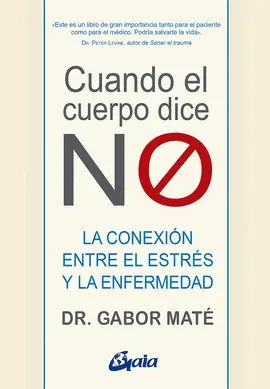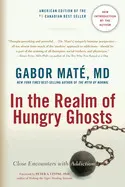In The Realm Of Hungry Ghosts
Close Encounters With Addiction
Maté, Gabor
A "thought-provoking and powerful" study that reframes everything you've been taught about addiction and recovery—from the New York Times-bestselling author of The Myth of Normal (Bruce Perry, author of The Boy Who Was Raised as a Dog). A world-renowned trauma expert combines real-life stories with cutting-edge research to offer a holistic approach to understanding addiction—it...
Sinopsis
A "thought-provoking and powerful" study that reframes everything you've been taught about addiction and recovery—from the New York Times-bestselling author of The Myth of Normal (Bruce Perry, author of The Boy Who Was Raised as a Dog).
A world-renowned trauma expert combines real-life stories with cutting-edge research to offer a holistic approach to understanding addiction—its origins, its place in society, and the importance of self-compassion in recovery.
Based on Gabor Maté's two decades of experience as a medical doctor and his groundbreaking work with people with addiction on Vancouver's skid row, this #1 international bestseller radically re-envisions a much misunderstood condition by taking a compassionate approach to substance abuse and addiction recovery.
In the same vein as Bessel van der Kolk's The Body Keeps the Score, In the Realm of Hungry Ghosts traces the root causes of addiction to childhood trauma and examines the pervasiveness of addiction in society. Dr. Maté presents addiction not as a discrete phenomenon confined to an unfortunate or weak-willed few, but as a continuum that runs throughout—and perhaps underpins—our society. It is not a medical "condition" distinct from the lives it affects but rather the result of a complex interplay among personal history, emotional and neurological development, brain chemistry, and the drugs and behaviors of addiction.
Simplifying a wide array of brain and addiction research findings from around the globe, the book avoids glib self-help remedies, instead promoting a thorough and compassionate self-understanding as the first key to healing and wellness.
Dr. Maté argues persuasively against contemporary health, social, and criminal justice policies toward addiction and how they perpetuate the War on Drugs. The mix of personal stories—including the author's candid discussion of his own "high-status" addictive tendencies—and science with positive solutions makes the book equally useful for lay readers and professionals.
Comentarios
Sé el primero en comentar este libroArtículos relacionados
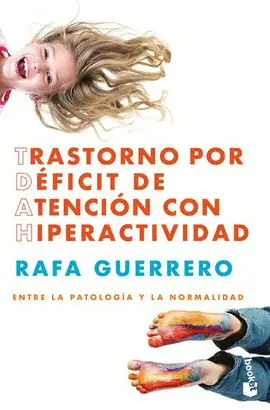
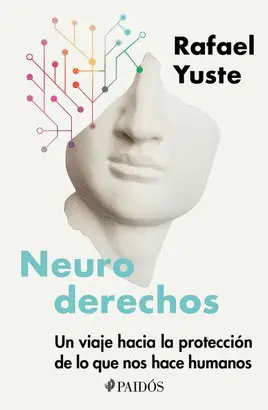
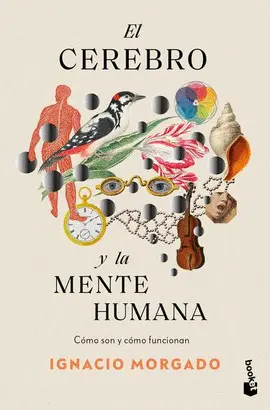
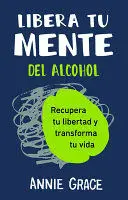
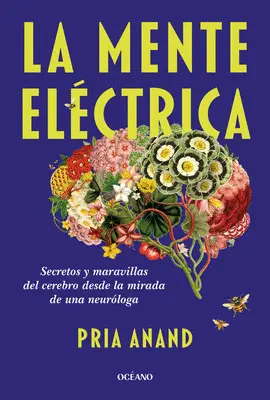

Otros libros del autor
